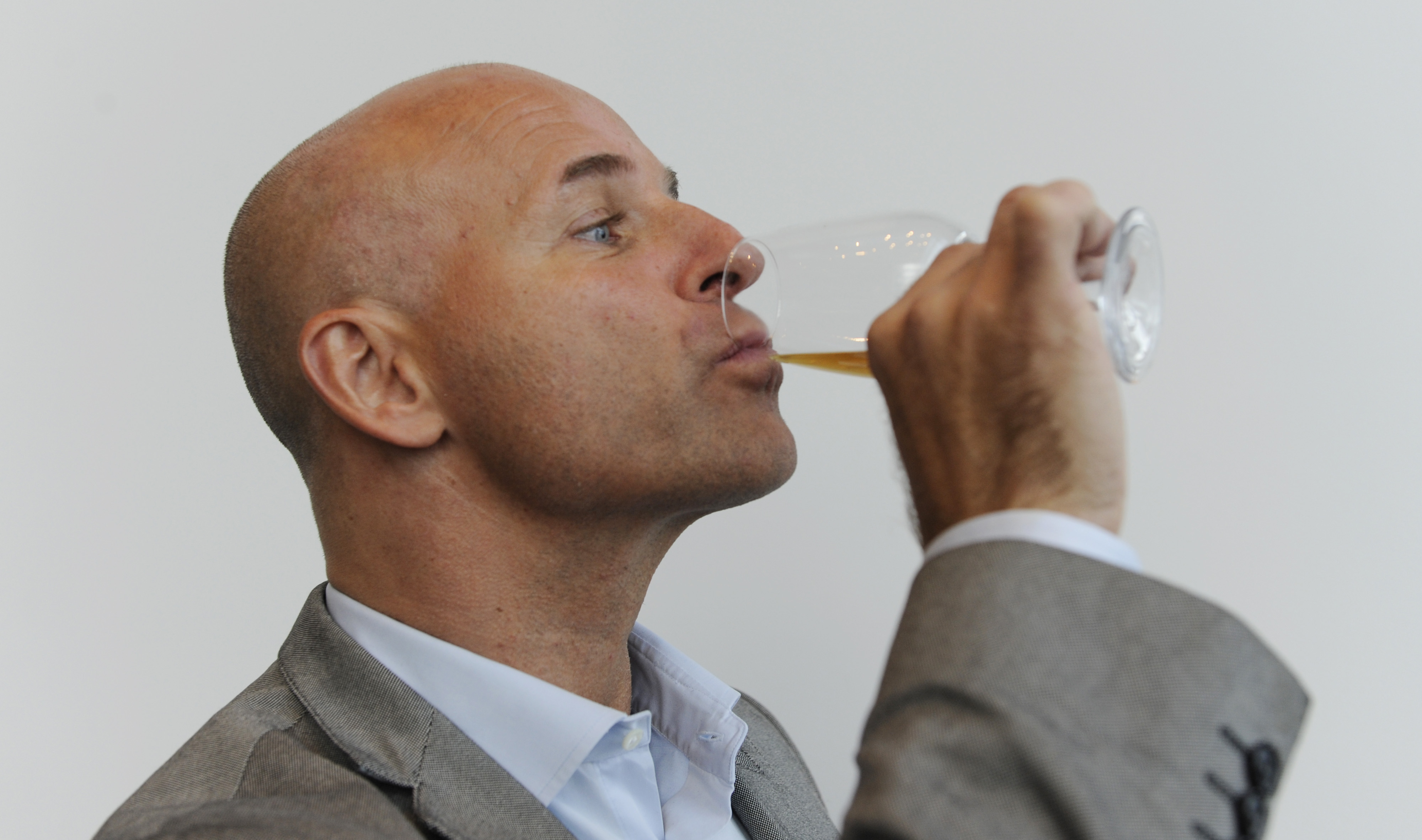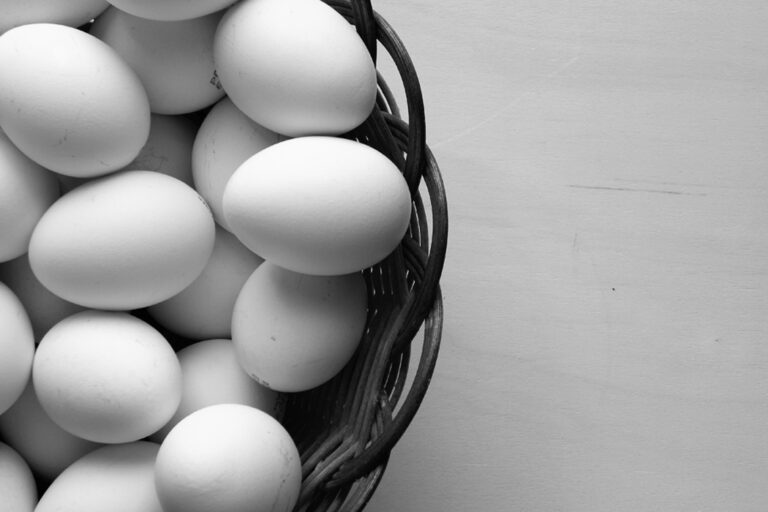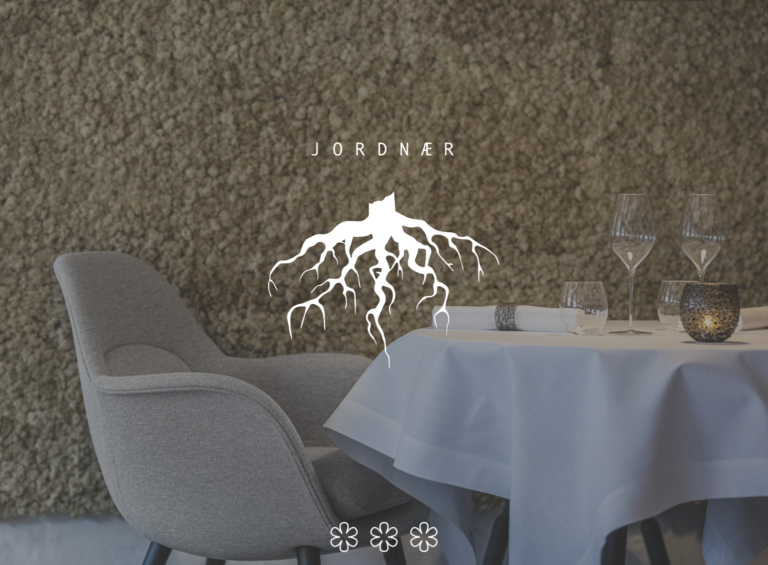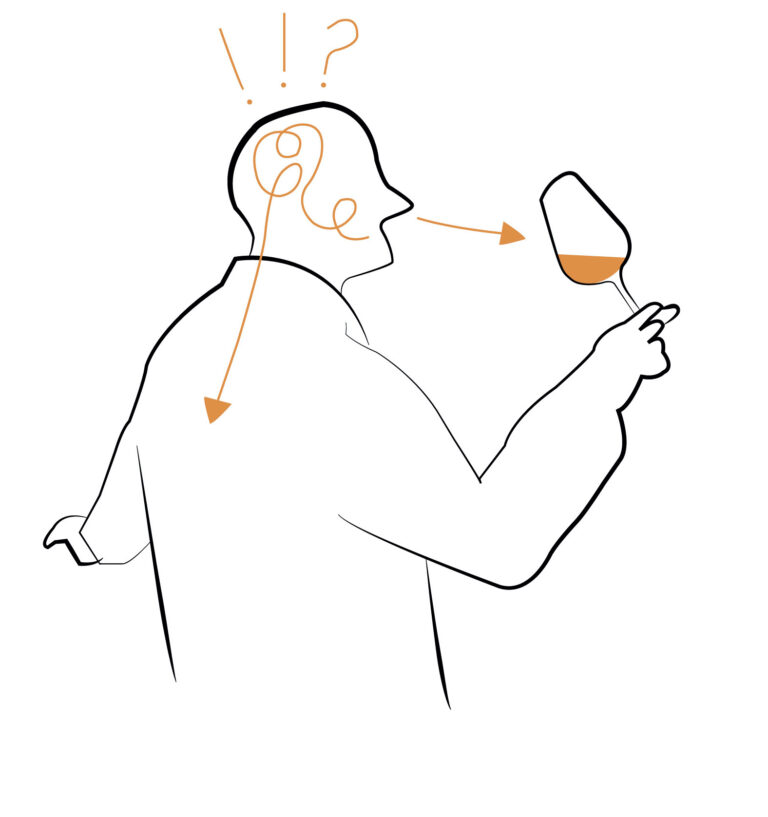Source: Interview by Serge Ngoie for Glass of Bubbly
Read the original article here.
Serge Ngoie, managed to get hold of Richard Juhlin, prior to their Champagne Cruise event on Dec 1st, with some Q&As – We share them below with our readers:
1. Who is Richard Juhlin? Could you please tell us a bit about yourself?
RJ – My official answer is that I am a world leading Champagne expert. But more than that I am a very engaged father of 5 wonderful kids in different stages of their lives and ages.
2. When was the first time you realised you were gifted with a supernatural sense of scent? And why Champagne?
RJ – The ‘Super’ part was rather late, when I realized that most international tasters were as bad as my Swedish friends. I started to notice that there was something special with my tasting abilities. But long before that I knew that, I was extremely sensitive and had more issues than pleasures linked to that as a kid.
3. I heard that you claim that for any couple’s relationship to be successful, the partners’ natural scents have to match. Could you please tell us a bit more about your experience of this concept on the Norwegian TV shows where you were invited to assess a few couples’ compatibility based on their natural body smells?
RJ – The Norwegian TV and I created a TV show about smell. A kind of “smellevision” program. Of course we looked in all aspects of how our sense of smell affects everyday life and made this in conjunction with some scientific experiments. One of the most important ways we subconsciously use our sense of smell is when choosing our partner. Luckily enough I was single at the time, which gave me many opportunities to smell my potential partner. Doing this, I found a lot of interesting details which led to the experiments among other things like smelling couples. What we found was very clear and obvious. Happy couples had a very similar smell even if they had different skin colours, origins and habits which normally also affect the body smell of a person. To simplify, unhappy couples had very different and almost disharmonic body smells. This went to show how important the smell is when choosing the right partner.
4. How long have you been in the Champagne business for?
RJ – I have been in love with Champagne for 32 years now, but working in the business is more around 25 years.
5. What is your relationship with the French Champagne house? And how is your French;)?
RJ – With very few exceptions I have a wonderful relationship with almost all Champagne houses based on mutual respect and admiration.
6. How often do visit Champagne?
RJ – I used to go more often than I do nowadays. I organize two VIP trips to the district every year, one in spring and one in autumn. On top of that I go to the major events hosted by the big houses. For new wines tasting, I now prefer to do it at home to have the same (tasting) environment for all wines and to be as neutral as possible. Every year I taste a couple of hundreds blind at my kitchen table at home outside of Stockholm.
7. Any stories/anecdotes you’d like to share?
RJ – Far too many to choose from..
8. I read about the Veuve Clicquot’s rescued cargo project. Could you tell us how you got involved in the first place?
RJ – When the bottles were found I was contacted by the Åland Government and wrote a consultant report to help them take the right decisions. Their first goal was to set Åland on the international map. So there was a lot of buzz around the salvation of the bottles, the tasting and the auction of course. The divers followed most of my instructions but were unlucky on the day the bottles were brought up to the surface as a storm and big waves damaged the corks and the bottles started leaking. A quick decision was taken to recork all the 164 bottles found and I was the lucky one to taste them all during that process. Most were just ok, while a third of them were in amazing condition with a tremendous depth and length in the rather sweet taste. Remarkable freshness for being from the 1840s. Of course the aged much faster after re-corking, and most of them are probably gone by now!
9. Are there any other similar projects in the pipeline?
RJ – There are many ships at the bottom of the Baltic that might have Champagne bottles in their cargo, but I think the interest in the these might be far less the more often this happens.
10. What do you think of the future of the English sparkling wine and other regions?
RJ – I am a big fan of English sparkling wines and their future. Although they are far from the quality of the best Champagnes today, they are already better than any other sparkling wines in the world.
11. What’s the most incredible experience you had with Champagnes? Which one would you say is the ultimate Champagne and why?
RJ – Out of the 11,000 different Champagnes I have tasted, I have only rated one single Champagne with 100 points. It was the perfect Champagne experience. Impossible to put it in words, but just to give you an idea, the 1928 Pol Roger Grauves Blanc de Blancs was far too young when my colleagues and I tasted it in 1999 at the big Millennium tasting. However, it was sheer perfection four years later. Beating the 1947 Cheval Blanc, the 1934 La Tache, the 1961 Latour and the 1959 Krug by miles. The length and depth was incredible and the texture was oily silk, but the most impressive aspect was the youthfulness of the aromas of lime peels, lilies of the valley and orange blossom in combination with more mature and darker notes.
12. What is the concept behind your latest book ‘Champagne Hiking’?
RJ – OMG, I could go on for hours explaining my new book’s and its huge concept of Champagne Hiking. But to sum it up in few words, I’d say that it’s the first time anyone try to put a big emphasis on the simple fact that wine tastes different in different situations and environments. I have tried to understand why and how this works by taking the most adaptable wine in the world, the chameleon of all wines ie. Champagne; and travelled to the perfect setting for each Champagne. So the book is about the world`s 100 best places to drink the world’s 100 best Champagnes. Just to travel around the world and see some of the most beautiful spots nature has to offer was a great life experience and an unforgettable memory. This whole experiment was heavenly and further enhanced by the perception and the ultimate taste of the Champagnes whenever the location turned out to be a perfect match. I am now working on a television series on the same theme, and also on the Champagne Hiking app. The idea for the app is for everyone who might have a bottle of Champagne at hands to go outdoors, have a Champagne picnic or so, register on the app, and share their Champagne Hiking moment with other people by comparing their locations and experiences. This is new and it might take some time before it becomes the Instagram of the Champagne world, but for me it’s the best thing I have done in my professional life.
13. With your vast tasting memory (10,000+ notes), what would you say are the characteristics required to make the ultimate champagne? And what criteria do you look for when marking and ranking Champagnes?
RJ – There is no such thing as the perfect Champagne, or there might be but then there are many perfect Champagnes in totally different styles. There is just the perfect Champagne for each moment and place. A great Champagne could be based on heavy, powerful autumn-like aromas and structure or it could be light-footed as a ballet dancer filled with spring-like feather light green and white flower aromas. What’s common in all great Champagnes is the fact that they have a combination of length and depth, often with complexity given by age, together with some level of freshness. Very often a toasty bouquet combined with a great fruit and honeyed aftertaste.
14. With Champagne tasting being your daily activity, how often do actually drink it and enjoy it on your spare time?
RJ – Normally once a week. Otherwise during my vacation or a lot more often whenever working on my dear Champagne Hiking project.
15. What makes you come to London and why now? How did the concept of the Champagne cruise on the Thames come about?
RJ – Serge Ngoie contacted me and wanted me to be part of a big interesting project to promote Champagnes in London in a completely different way. As a start he is organizing a Champagne cruise on the Thames, which seems like an amazing idea. I have done a few Champagne Hikings on boats before but this Champagne trip with amazing people, Champagnes and food, combined with the legendary London sightings will be a treat.
16. What are your expectations about the 2018 harvest in Champagne? Another Great Champagne vintage with a number 8?
RJ – It’s always difficult to predict the quality of a new vintage just based on the figures at the harvest, but it really looks good. Speaking to many serious producers it looks perhaps not as great as the 2008 but very close. The Pinot Noir is almost perfect, while the Chardonnay has a slightly lower quality in comparison.





